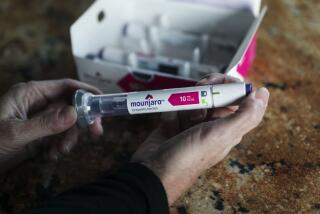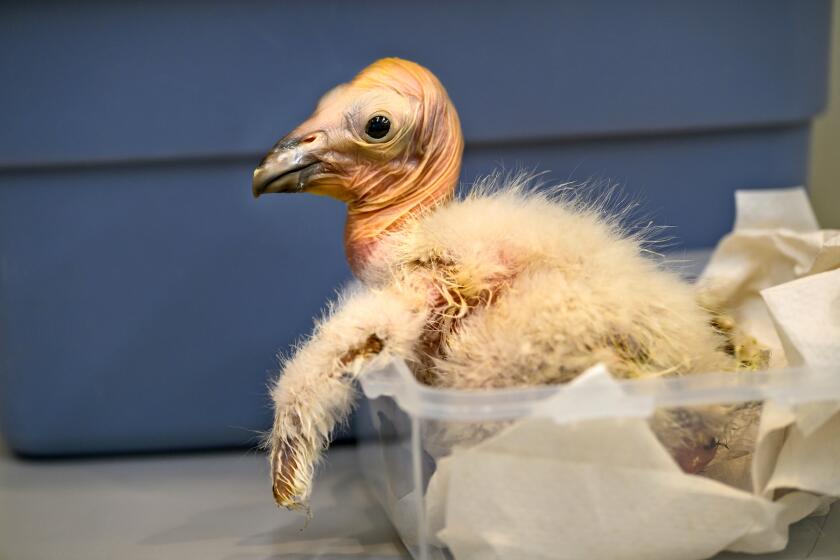A birth control gel for men lowers sperm count sharply
A birth control gel for men sharply lowered sperm counts with few side effects, researchers reported Tuesday. The gel, containing testosterone and a synthetic progestin called Nestorone, will require substantially more testing, but it has the potential to become the first effective chemical birth control agent for males.
The male hormone testosterone can turn off the production of reproductive hormones controlling the production of sperm. Progestin, a synthetic hormone similar to the naturally occurring hormone progesterone, can amplify the effects of testosterone. The two have been used together in the past in pills, implants or shots, but progestin has androgenic effects that can produce side effects such as acne and changes in cholesterol levels. Nestorone is a new synthetic progestin, developed by the Population Council, that apparently does not have those side effects.
A team headed by Dr. Christine Wang of the Los Angeles Biomedical Research Institute at Harbor-UCLA Medical Center enrolled 99 men in a preliminary study of the drug combination. A third of them received a gel containing testosterone and a placebo, which they applied daily for six months. The rest received a gel containing testosterone and one of two concentrations of Nestorone. Fifty-six men completed at least 20 weeks of the study and adhered to the protocol.
Wang reported at a Houston meeting of the Endocrine Society that 88% to 89% of the men receiving the drug combination achieved a sperm concentration of less than 1 million sperm per milliliter, “a level that is compatible with very low pregnancy rates,” compared with only 23% of those receiving the placebo. A complete absence of sperm occurred in 78% and 69% of the men receiving the drugs (depending on dose), compared with 23% of those receiving placebo. Side effects were minimal, she said, and the drug combination “warrants further study as a male contraceptive.”
The study was funded by the National Institute of Child Health and Human Development.
Twitter/@LATMaugh






